EGNOS is good value and the UK should rejoin the precision navigation system even if that’s a temporary move while the UK develops its own.
That’s the conclusion of a new report from the All Party Parliamentary Group on General Aviation called ‘The Value for Money for a Temporary Reinstatement of EGNOS’, prepared by Oxera Consulting, the Oxford based business consultants on policy and economic issues.
The report firmly argues for government to take note of the benefits from the Safety of Life aspects of the European Geostationary Navigation Overlay Service (EGNOS). It wants an interim solution, prior to any future development of a UK replacement for the GPS overlay service that terminated on 25 June 2021, as a result of the UK’s exiting the European Union.
Co-chair of the APPG for General Aviation, Lord Davies of Gower, said, “The importance of the EGNOS facility cannot be overstated from a safety perspective in relation to aviation.
“This report lays out fairly and squarely the absolute need for such a service and we will now be taking this forward to government to seek an interim solution, prior to the UK developing a replacement for the Galileo led system.
“Termination of the EGNOS Safety of Life service, has had a significant effect on the ability of both commercial, emergency and private aviation to operate safely in inclement weather conditions, and has resulted in loss of revenue to smaller airports already suffering econimic hardship.”
Click here to download the EGNOS report
The report says EGNOS delivers high value for money, with a benefit–cost ratio of 2.6. This means that for every £1 spent by the UK government, £2.60 of benefit would be delivered to the UK public.
In addition, EGNOS provides non-monetised benefits, including improved safety and reliability of emergency-response helicopter services, increased competitiveness of UK flight training schools, and increased resilience of precision navigation systems for major UK airports.
The report has been welcomed by Jonathan Hinkles, chief executive of Loganair, who said, “Imagine that SatNav was switched off and you had to return to the days of driving around, peering out of the windscreen at street names and navigating with an ‘A to Z’ in your lap?
“It’s unthinkable – yet that’s what a UK Government decision last year effectively did for pilots landing at some of our most remote airports.
“Access to the EGNOS precision satellite system was turned off for UK users from 30 June 2021. In that year, we’ve seen the rate of flight cancellations and weather delays double into destinations like Barra – where the runway is a beach, and can’t be equipped with conventional radio-based navigation aids – and Tiree.
“We also can’t use the new technology fitted to our ATR42 and 72-600 aircraft to make approaches to airports like Sumburgh when the weather is less than ideal.”
Helicopter pilot Richard Boswell, who has written for FLYER in the past, added, “Let’s not forget that it has impacted helicopter operations as well. Without EGNOS we will not have meaningful PINS approaches. In the HEMs community this means no IFR recoveries to hospitals which must surely impact care to patients.”
All Party Parliamentary Group on General Aviation


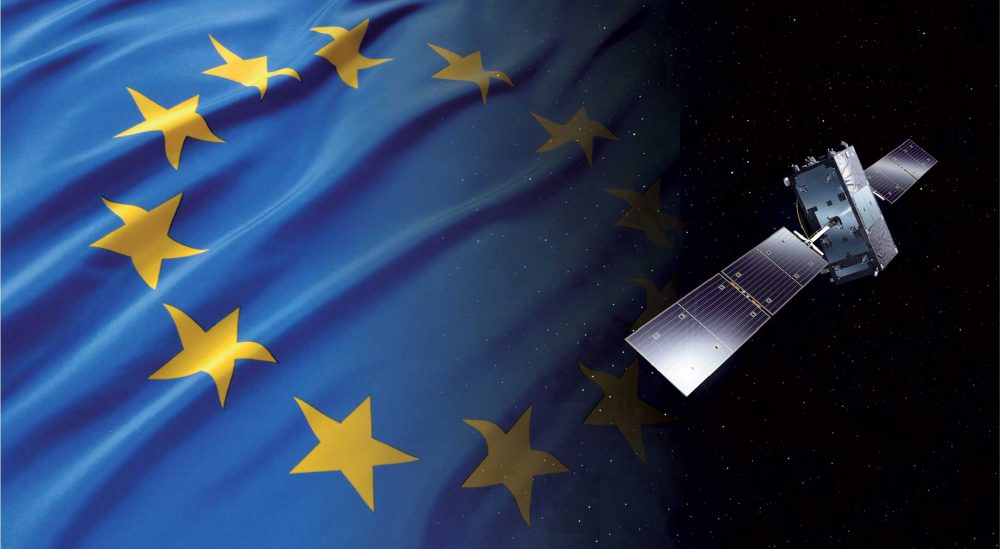
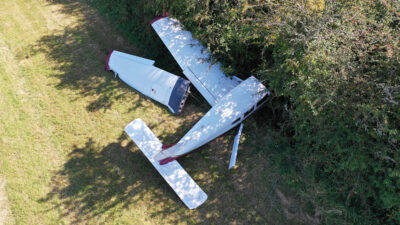


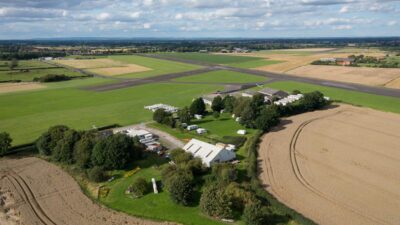
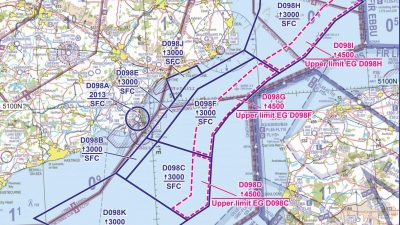
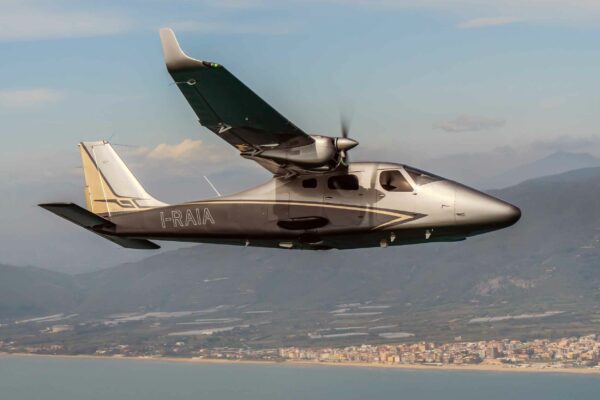




1 comment
This Report has already been mentioned in the House of Commons during a debate on Union Connectivity.
https://www.theyworkforyou.com/debates/?id=2022-06-29b.282.0&s=Egnos#g283.4
It might seem arcane here but to the people who relay on BN2 Islanders and Twin Otters it makes a difference.
If your flight to the mainland for hospital treatment is cancelled it might predjudice your recovery.